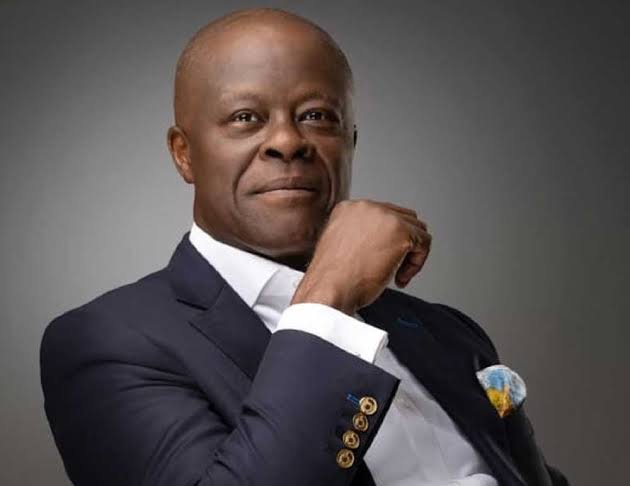The Minister of Finance and Coordinating Minister of the Economy, Wale Edun, has called on Lagos State to take the lead in expanding Nigeria’s economic base.
He said this while emphasising the state’s unique role as a driver of the nation’s economic growth.
Speaking on Tuesday at the two-day Eko Revenue Plus Summit, themed: ‘Unlocking New Revenue Streams for Lagos State’, Edun who was represented by the Chief Executive Officer of Nigeria’s Ministry of Finance Incorporated, Dr Armstrong Takang, stressed the need for Lagos to adopt innovative strategies that go beyond traditional tax compliance measures.
“Lagos accounts for at least 25 per cent of Nigeria’s GDP. With a 2025 state budget of N3.5tn, Lagos must recognise that its economic resources need to match its GDP share. A budget that is small relative to federal allocations, which are over N40tn, cannot adequately provide infrastructure and improve the quality of life for its residents,” he stated.
The minister urged the state to focus on policies that would expand its economic base rather than solely relying on tax revenues.
“We need to have a bigger conversation around baking a bigger pie. Revenues from taxation alone will not be enough to meet Lagos’ aspirations. The state must prioritize activities that attract investments and expand the economic base,” Edun explained.
He highlighted the state’s role as a model for other sub-national governments in Nigeria, noting, “Whenever I consult for governors across the country, they often express a desire to replicate Lagos’ economic strategies. Lagos must set the standard for other states.”
Edun emphasized the importance of public-private partnerships in financing large-scale infrastructure projects.
“Even if Lagos devoted its entire budget to capital projects, it would still be insufficient for the infrastructure needs of the state. PPPs and collaboration with international organizations are critical for mobilizing resources and ensuring sustainable development,” he added.
He also identified untapped opportunities in digitizing and leveraging land assets to unlock significant revenue streams.
“Lagos must modernize its asset management systems. For example, there are billions of dollars in potential investments tied to the state’s land titles. However, many of these titles are either non-existent or imperfect, creating a gap in revenue generation,” he said.
![]()










